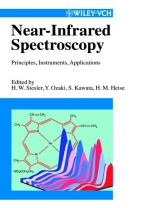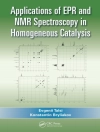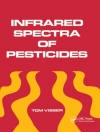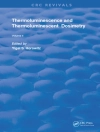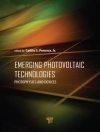Over the last few years, near-infrared (NIR) spectroscopy has rapidly developed into an important and extremely useful method of analysis. In fact, for certain research areas and applications, ranging from material science via chemistry to life sciences, it has become an indispensable tool because this fast and cost-effective type of spectroscopy provides qualitative and quantitative information not available from any other technique.
This book offers a balanced overview of the fundamental theory and instrumentation of NIR spectroscopy, introducing the material in a readily comprehensible manner. A considerable part of the text is dedicated to practical applications, including sample preparation and investigations of polymers, textiles, drugs, food and animal feed. However, special topics, such as two-dimensional correlation analysis, are also covered in separate chapters.
Written by eight experts in different fields, this book presents an introduction to the current state of developments and is valuable to spectroscopists and to practitioners applying NIR spectroscopy as a daily analytical tool.
Tabela de Conteúdo
1. Introduction
2. Principles of Near-Spectroscopy
3. Instrumentation for Near-Spectroscopy
4. New Techniques in Near-Spectroscopy
5. NIR FT-Raman Spectroscopy
6. Sampling and Sample Preparation
7. Fundamental Chemometric Methods
8. Two-Dimensional Vibrational Spectroscopy
9. Applications to Chemistry
10. Applications to Polymers and Textiles
11. Applications to Process Control
12. Applications to Agricultural Products and Foodstuffs
13. Applications to Medical Sciences
14. Appendix: Group Frequencies in the NIR Region
